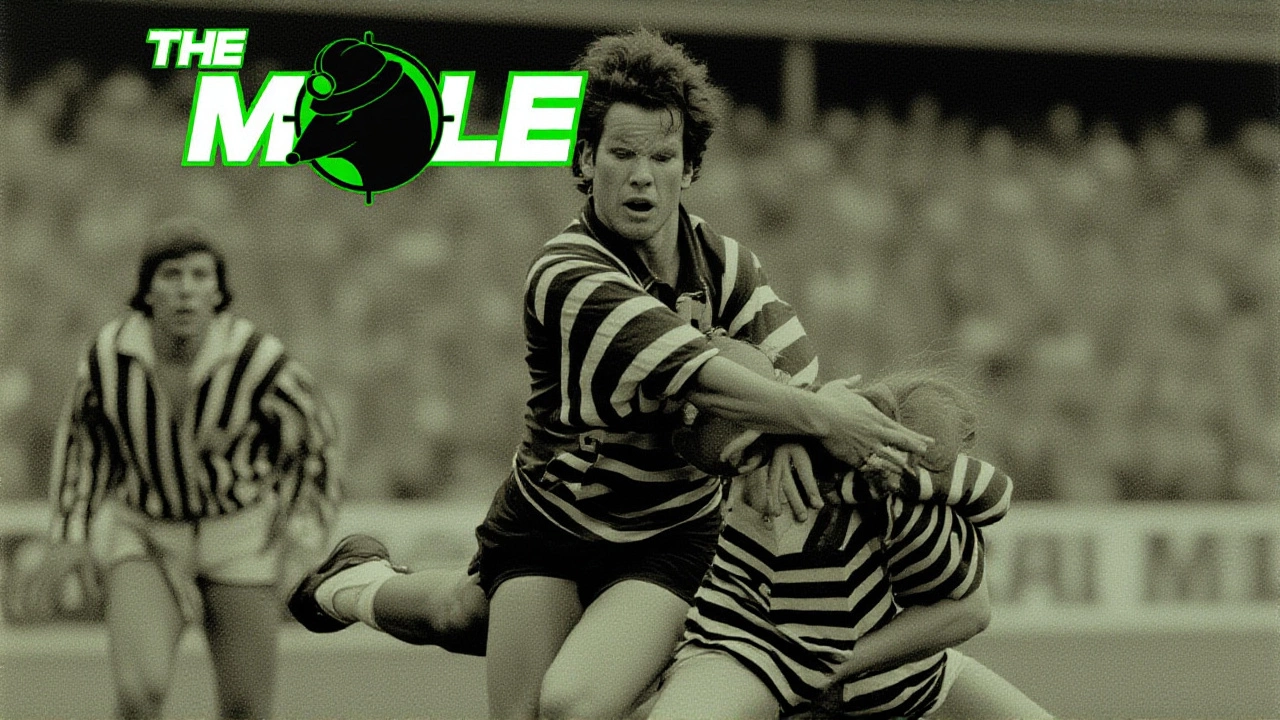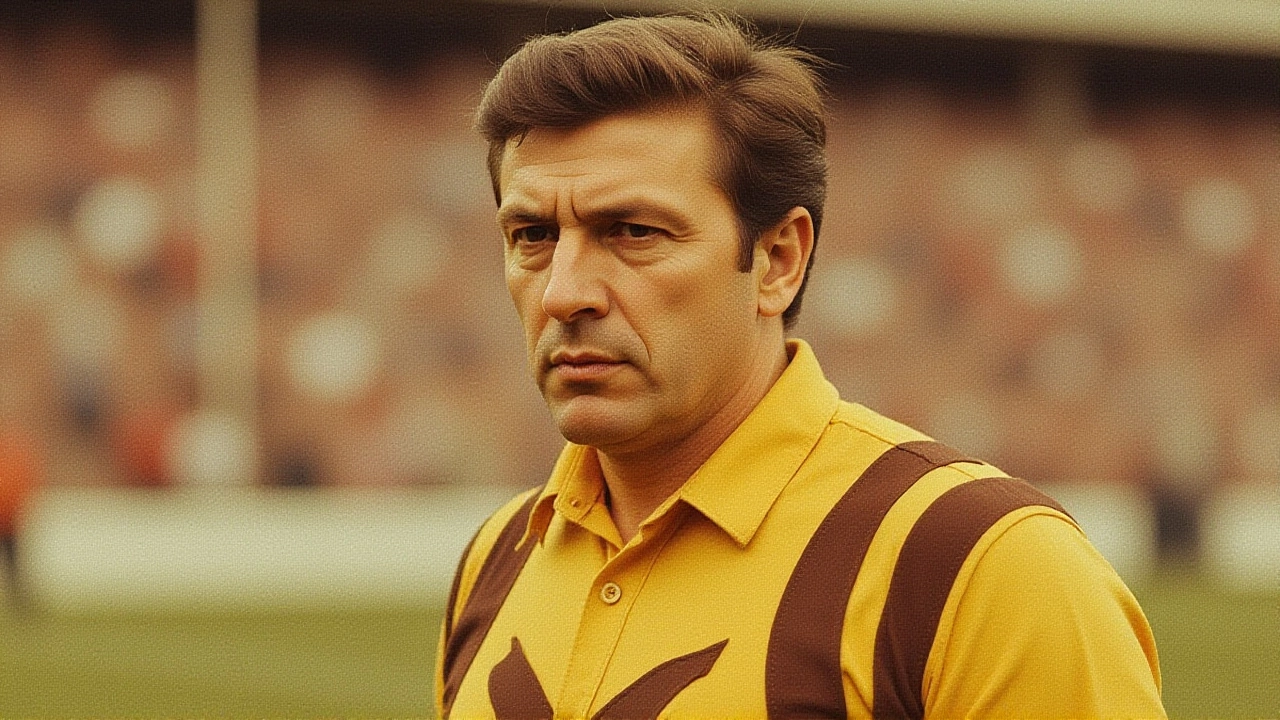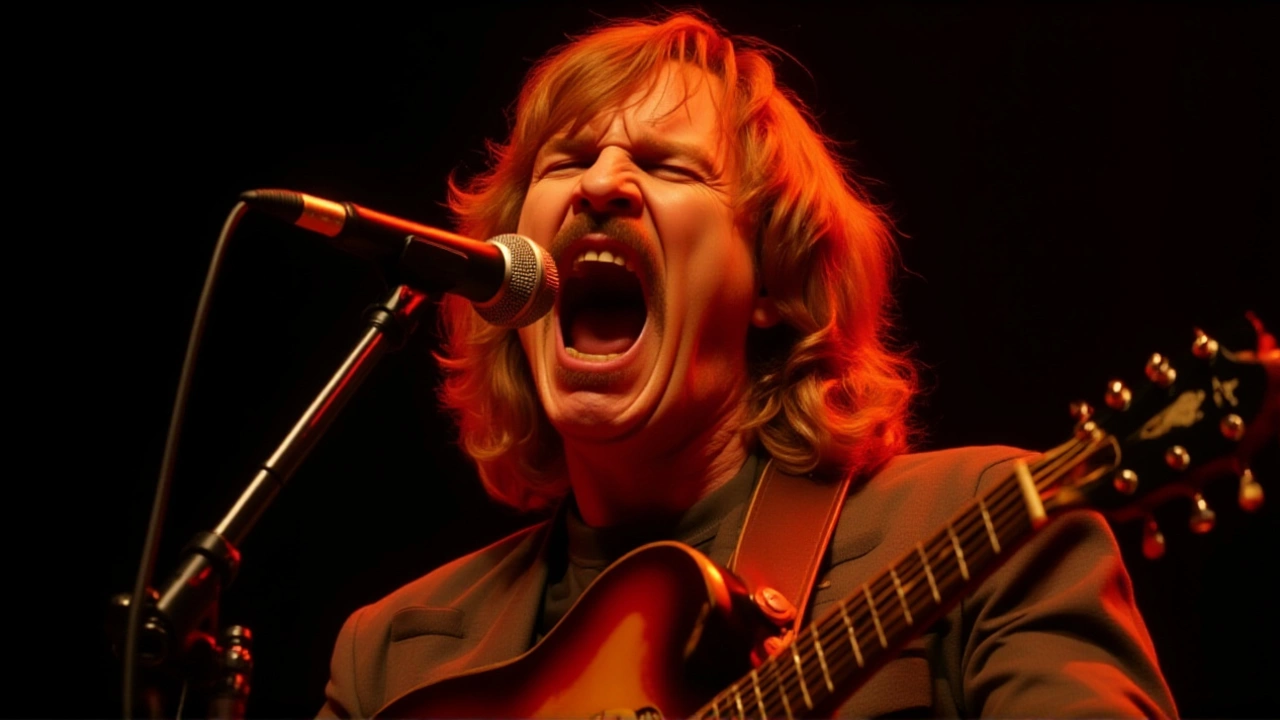When Joe Walsh strummed the first chord of Wichita Lineman at Intrust Bank Arena last weekend, the room didn’t just fall silent—it held its breath. Beside him, Jimmy Webb, the song’s 78-year-old writer, sang with a voice worn smooth by time but still trembling with meaning. The duet, part of a VetsAid benefit concert in Wichita, wasn’t just a performance. It was a homecoming. A ghost from the past, finally singing to the place it named.
A Song Written for a City That Never Forgot
Wichita Lineman isn’t just a song. It’s a feeling. Written by Jimmy Webb in 1968 and made immortal by Glen Campbell, it paints a portrait of a lone telephone lineman clinging to a wire, listening to the static, hoping to hear the voice of someone he loves. The lyrics—"I am a lineman for the county and I drive the main road, searchin’ in the sun for another overload"—were inspired by a real stretch of highway in Oklahoma, but the name Wichita stuck like a tattoo. For decades, the city embraced the song as its own. Locals play it on the radio at dawn. Bars name cocktails after it. The high school band plays it at homecoming. And now, for the first time, the man who wrote it stood on stage in Wichita… with Joe Walsh.Walsh, born in Wichita in 1947, grew up hearing that song on AM radio. He played it in his bedroom as a teenager, long before he joined the James Gang, then the Eagles, then the Rock and Roll Hall of Fame. He never performed it live—until now. "It’s the only song I ever wanted to play with Jimmy," Walsh told a friend after the show. "It’s like singing your childhood."
The Night the Static Cleared
The concert, organized by VetsAid, drew a crowd of about 8,000—mostly veterans, their families, and locals who remembered when the song first hit the charts. The moment Webb walked on stage, the crowd erupted. Not with cheers, but with a slow, rising hum, like a crowd remembering a lullaby. When Walsh joined him, the two men didn’t speak. They didn’t need to. Webb’s fingers, gnarled with arthritis, found the chords. Walsh’s voice, rough as gravel, rose to meet it. The bridge—"And I need you more than want you, and I want you for all time"—was sung so quietly, you could hear a baby cry in the back row."Chills," one woman wrote on Instagram. "I haven’t cried like that since my husband came home from Vietnam." Another posted a video with the caption: "My dad used to listen to this while fixing the phone lines. He’d say, ‘That’s the sound of a man holding on.’ Tonight, he was right."
The YouTube video of the performance, uploaded by a fan with the title "Joe Walsh & Jimmy Webb's Once-in-a-Lifetime 'Wichita Lineman' Duet Leaves Fans in Awe!", has already surpassed 1.2 million views. Comments pour in: "This is why music matters." "My grandfather would’ve been here." "Wichita just got its anthem back."

Why This Duet Was Never Supposed to Happen
Jimmy Webb rarely performs live anymore. He’s written over 1,000 songs, including By the Time I Get to Phoenix and Up, Up and Away, but he’s always avoided the spotlight. He’s said in interviews that Wichita Lineman feels too personal to sing often. "It’s not mine to perform," he once told Rolling Stone. "It belongs to the men who stood on poles in the rain." Joe Walsh, meanwhile, had never played it publicly—not in 50 years. He’d tried once in 2003, but broke down mid-verse. "I couldn’t finish," he said. "I didn’t know why. Now I do. It wasn’t the song. It was the place." Their collaboration was arranged quietly by VetsAid, a nonprofit that supports veterans’ mental health through music therapy. No press release was issued. No tickets were sold for the duet. It was a surprise, tucked into the middle of a three-hour set. When the final note faded, Webb turned to Walsh and whispered, "We did it for the linemen."The Ripple in Wichita
The city hasn’t stopped talking about it. Local radio stations have added Wichita Lineman to their rotation. The Wichita Public Library is planning a pop-up exhibit on the song’s history. A mural of Webb and Walsh, back-to-back with a telephone pole between them, was painted overnight on the side of a downtown hardware store. The mayor, in a rare public statement, called it "the most meaningful moment this city has seen in decades." But the real impact is quieter. Veterans’ groups report a spike in calls to their hotlines. One counselor said five men came in over the weekend saying, "I heard that song tonight. I think I’m ready to talk."
What’s Next?
There are no announced follow-up shows. Webb has said he’ll likely never perform live again. Walsh says he won’t play Wichita Lineman again unless it’s with Webb. That’s the unspoken truth: this wasn’t a concert. It was a farewell. A gift. A final note to a city that never stopped listening.Frequently Asked Questions
Why is this duet considered once-in-a-lifetime?
Jimmy Webb has rarely performed Wichita Lineman live in over 50 years, and Joe Walsh had never played it publicly despite growing up in Wichita. Their collaboration—between the songwriter and a Rock Hall of Fame guitarist who knew the song’s emotional weight firsthand—was never planned and may never happen again. The combination of personal history, regional significance, and raw emotional delivery makes this a singular event in American music history.
How did VetsAid make this performance possible?
VetsAid, a nonprofit focused on veteran mental health through music, quietly coordinated the surprise duet as part of a larger benefit concert. No public announcement was made beforehand. The organization leveraged its relationships with both artists to arrange a private rehearsal and stage setup, ensuring the moment felt intimate rather than staged. Proceeds from the event will fund music therapy programs for veterans with PTSD.
Why does Wichita have such a strong connection to this song?
Though written about a lineman in Oklahoma, the song’s mention of Wichita gave the city a cultural identity it didn’t have before. Locals adopted it as their own, playing it at events, naming businesses after it, and even installing a plaque near the old telephone lines. For decades, it’s been a symbol of quiet resilience—something veterans, many of whom worked in isolation or felt unseen, deeply relate to. This performance felt like the city’s story being sung back to it.
Is there any financial data from the concert?
No official figures have been released. VetsAid has not disclosed ticket sales, donations, or fundraising totals. The focus remained on the emotional impact rather than metrics. However, the organization confirmed that the event drew its largest crowd in five years, and merchandise sales—mostly T-shirts with the phrase "I Heard the Lineman"—sold out within hours.
Will Joe Walsh or Jimmy Webb perform together again?
Both artists have indicated this was a one-time event. Webb, 78, has stated he no longer tours. Walsh, 77, told reporters afterward, "I don’t know if I’ll ever sing that song again. But if I do, it’ll be with Jimmy—or not at all." For now, the recording stands as their final duet—a perfect, fragile note suspended in time.
What makes Wichita Lineman called the "greatest unfinished song"?
The song’s power lies in its ambiguity. It never resolves. The lineman never hears the voice he’s waiting for. The chorus doesn’t crescendo—it fades, like static on a line. Critics and fans alike argue that its beauty is in its incompleteness: a man holding on, hoping, but never knowing. That’s why it resonates with veterans, lonely workers, and anyone who’s waited for a call that never came.
